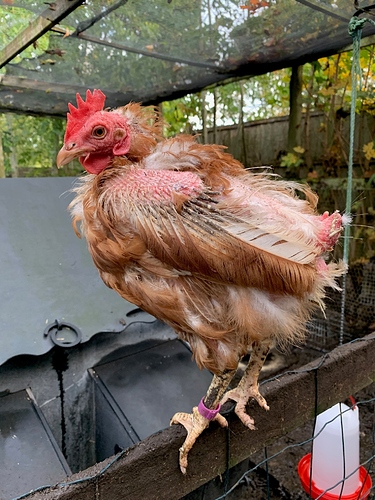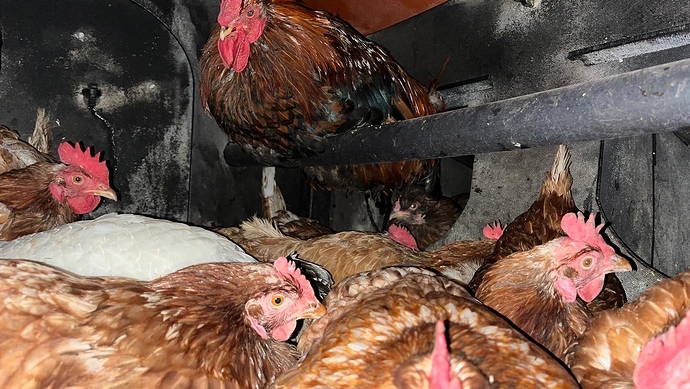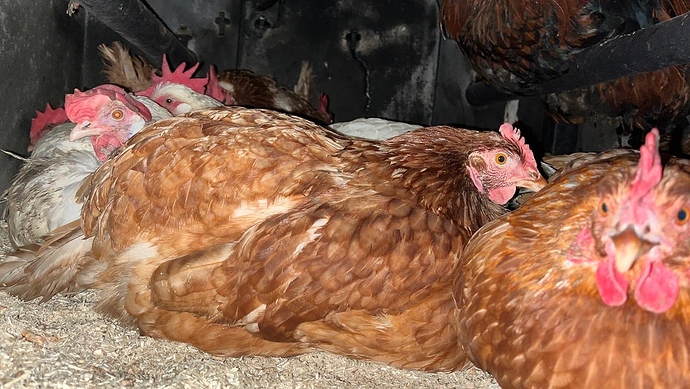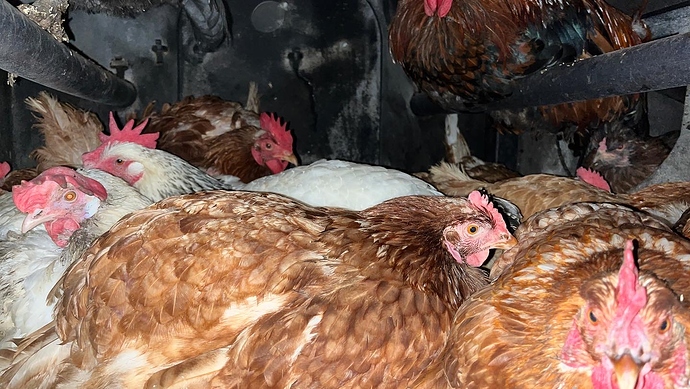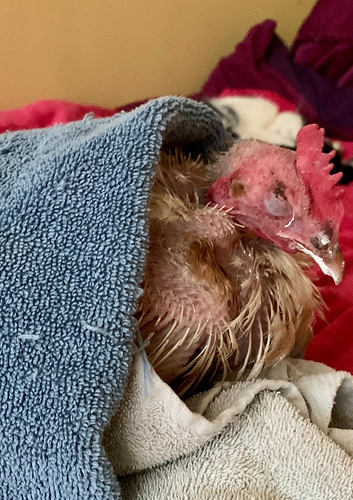…may sound good but may not necessarily mean happier healthier birds and better eggs.
The USDA’s definition of “free range” for eggs is that they are “produced by hens housed in a building, room, or area that allows for … continuous access to the outdoors during their laying cycle. The outdoor area may be fenced and/or covered with netting-like material.” The definition does not determine a minimum area to ensure that all hens can move freely in the outdoor space, nor does it specify the type of ground cover to ensure that hens are able to forage on vegetated soil and engage in natural behaviors outdoors. A small, entirely enclosed area with a concrete floor, accessible to only a small percentage of the hens in the house, would meet the definition without meeting the birds’ need to express natural behaviors.

